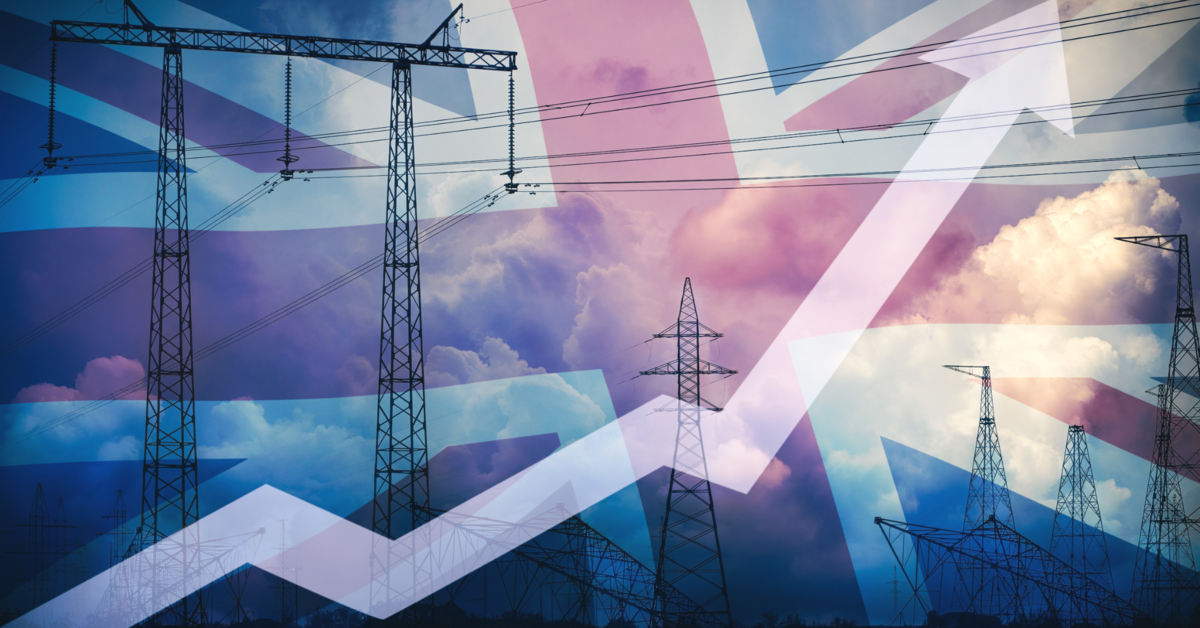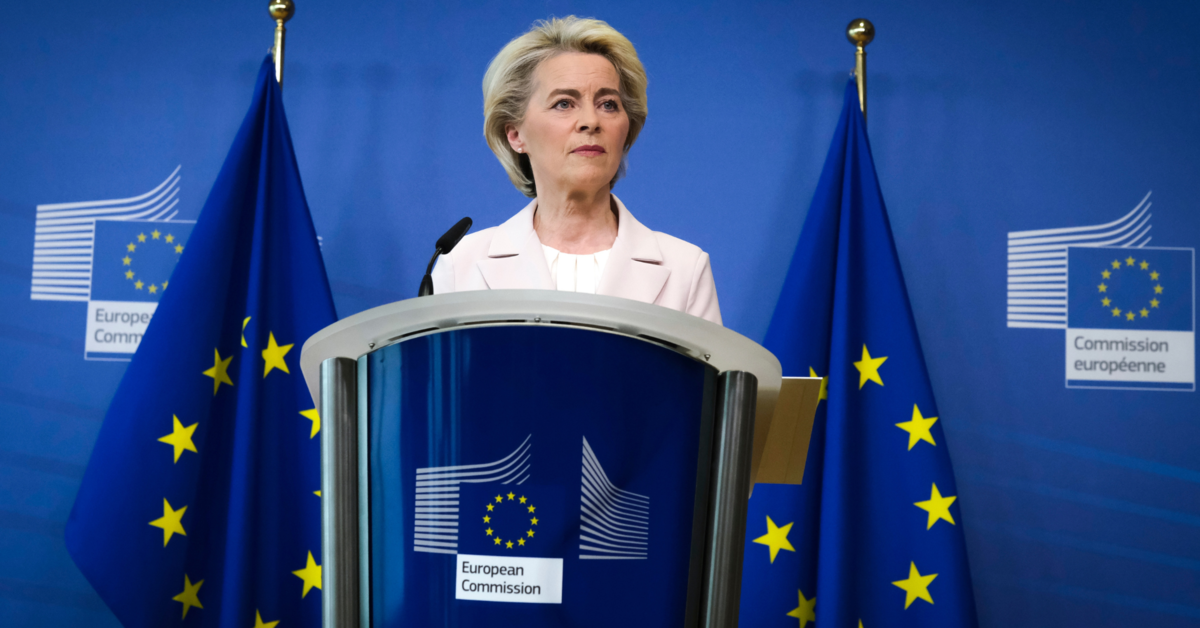Event Recap: What Next for European Energy Systems
Europe sits at an energy inflection point. As geopolitical tensions escalate and the energy landscape shifts, understanding the future of European energy security has never been more crucial. How can Europe balance energy security, competitiveness, and climate action? What is the plan for next winter and beyond when natural gas reserves are drawn down?
Edelman Global Advisory’s Chair of Climate Policy, Nikolaus Schultze, hosted the first episode in a series of energy webinars to tackle these questions. He was joined by former International Energy Agency (IEA) Executive Director, Maria van der Hoeven; Director of Strategy, Policy, and Communications of the European Network of Transmission System Operators for Gas (ENTSOG), Sara Piskor; Board member of Euroheat and Power, Marco Baresi; Head of Energy and Industrials at Edelman Global Advisory, Stefan Borst; and President of Edelman Global Advisory London, Mohammed Hussein. Edelman Global Advisory Chair of Energy and Industrial Policy, Aaron Guiterman, provided opening remarks.
Aaron Guiterman framed the discussion by noting the “critical importance of establishing responsible solutions and policy frameworks to ensure reliable, resilient, and affordable access to energy.” He added that the world needs “energy that both powers opportunity while delivering ever cleaner solutions to reduce emissions. It’s no easy task, particularly in the transition that continues to evolve as global demand for energy increases and we work to address energy poverty.”
Maria van der Hoeven reminded the audience to focus on energy diversification. Energy markets are global and unpredictable, she noted. Events that happen outside a country’s borders can have outsized influence on energy prices. Renewables need to see more investment, and we must not neglect oil and gas, as all IEA scenarios see a place for oil and gas demand through 2050. “We need electrons and molecules,” she said. Moreover, she suggests European governments and utilities devise new pricing models to shield consumers in a more sustainable way. “We need regulatory frameworks to ensure that households are not exposed to such price peaks, but rather pay more stable prices that reflect longer term supply costs.”
Stefan Borst noted that the EU is dependent on the import of materials to reach its renewables capacity goals. Given this reality, he asked: “Do we come up with the most ambitious subsidy scheme? I think that would be ill-advised because the EU should cater to its strength, and its strength has historically been its internal market and trade relations.” He said that Europe should “significantly increase our efforts to close those gaps and make sure we can distribute energy freely.”
Sara Piskor added: “I think gas infrastructure has demonstrated the kind of resilience we’ve been working towards for decades. Through tremendous collaboration between our members, national administrations, and the European Commission, we’ve been able to reorient our previously east to west system towards something that is right now serving west to east gas flows.” Eventually, though, natural gas flows will be complemented by hydrogen flows, and it is 75 percent cheaper to repurpose gas infrastructure for hydrogen use than it is to build new infrastructure. She recommended implementing the right regulatory framework to incentivize this repurposing.
Marco Baresi outlined a three-pronged strategy towards Europe’s energy transition. 1) In the short run, Europe must diversify its energy supply. 2) In the medium term, Europe must accelerate the buildout of renewable power generation. 3) Europe must create the conditions that allow for the development of a stable and robust green manufacturing base, “otherwise we shift our dependence on fossil fuels towards a dependence on green technology.” To address European competitiveness concerns, Baresi urged the implementation of stronger energy efficiency measures.
Mohammed Hussein said that the issues of energy security is “something that comes up with voters on the doorstep.” He added: “We talk about all these things you want to see, all these investments, all this technology, but it has to deliver and has to deliver in a way that people can see and feel in their lives.”


